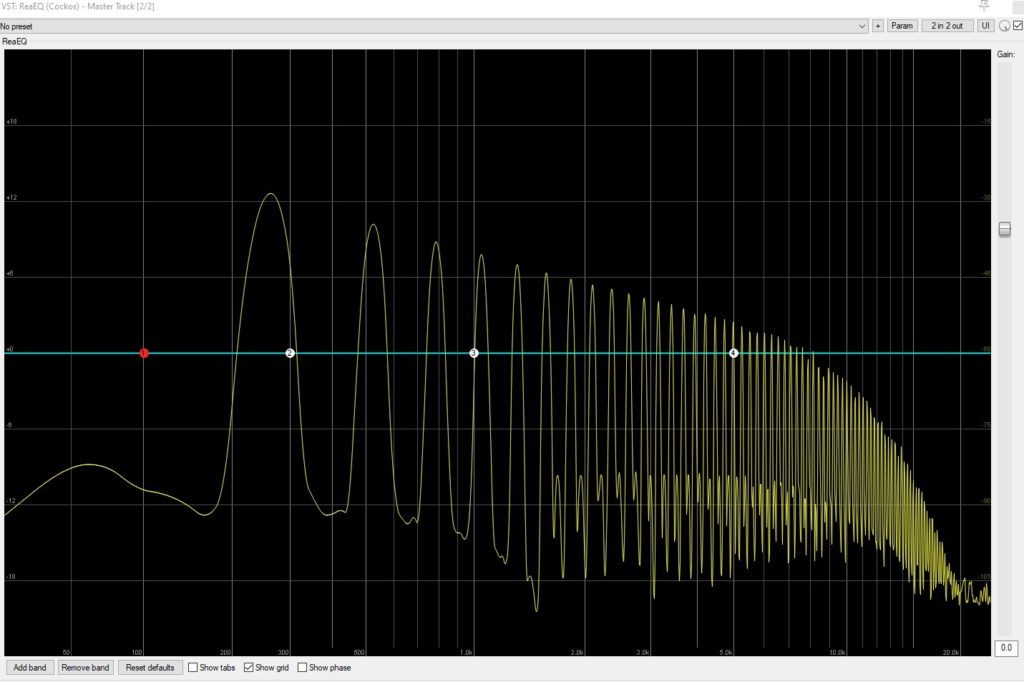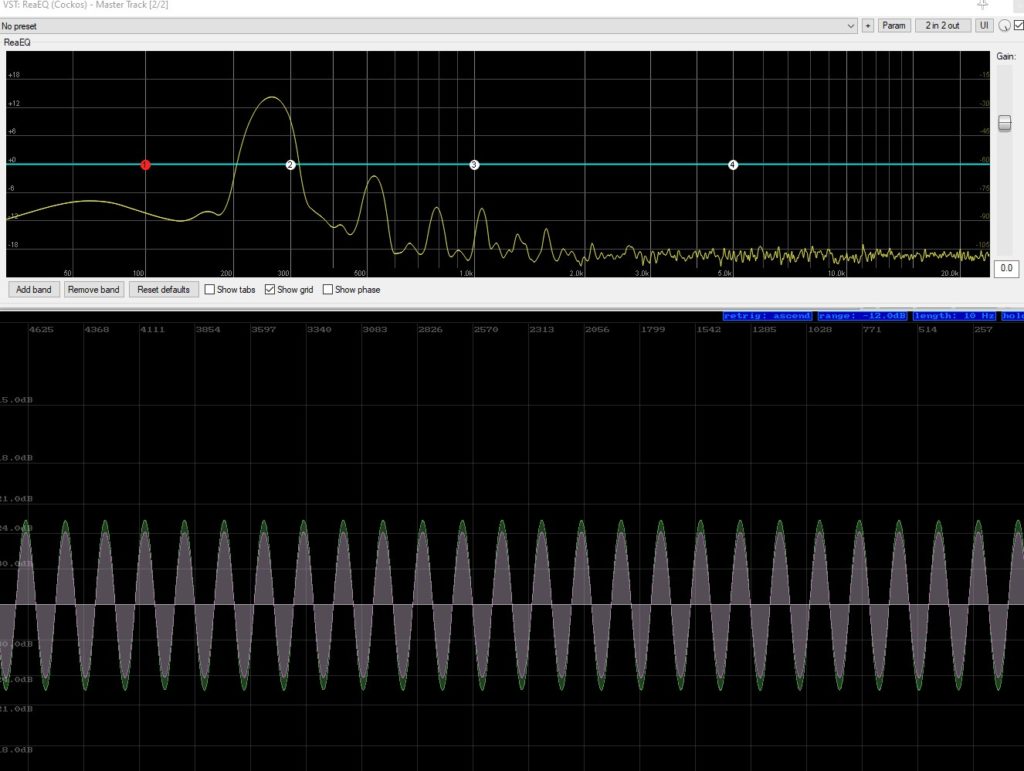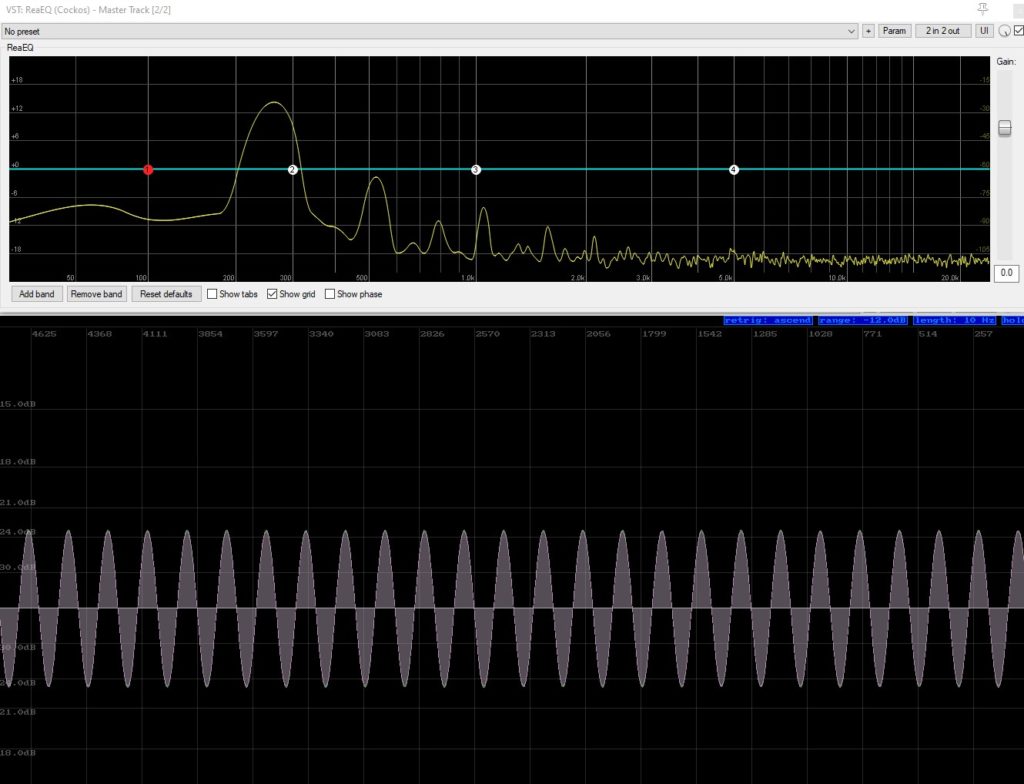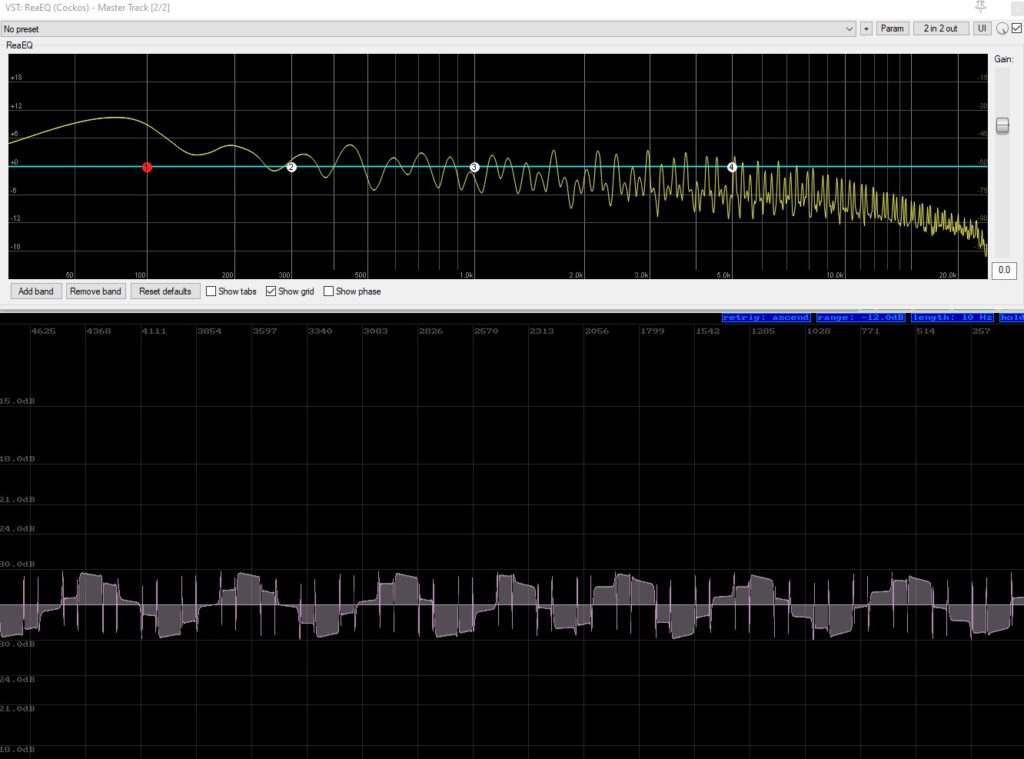Is the Prophet 12 the best synthesizer from Dave Smith?

Is it Dave Smith’s best? No. At least – that’s my answer to the question in the header. I wonder why Dave Smith stated that the Prophet 12 was his favorite synthesizer he created. I’m guessing it was said for marketing purposes, but I’m not really sure. I just don’t understand why he thought that. I have had mine for about a year and a few months and I’ve just never really gotten on with it like I thought I would. So let’s unpack everything here.
Ok – I can’t prove that it’s not Dave Smith’s best synthesizer, obviously. The same way that there’s no possible way for someone to prove that the Roland Jupiter 8 is the best synthesizer – it’s subjective and anyone can say they love anything most of all. To make it even more complicated, someone can say they dislike something a lot and later find a lot of enjoyment out of it, so even in one’s life they may disagree with themselves. But for me right now, I just don’t entirely feel it lives up to what I thought it would.
Brief overview
The Dave Smith Instruments Prophet 12 is a 12 voice polyphonic hybrid synthesizer. It is called a hybrid synthesizer because it contains both digital (oscillators) and analog (filters and VCA) components. Each voice has 4 oscillators that can range from standard sawtooth, pulse, triangle wave shapes to a small set of complex waves that you can select and continuously shape from one to another, as well as different noise sources. It features a 2- and 4-pole Curtis filter, has 4 envelopes, 4 digital delay lines, and a “Character” section that can add different things to each voice such as a bit crusher. It’s also got a lot of power in the modulation matrix, whereby oscillators can be modulators. The Prophet 12 allows you to frequency modulation one oscillator using another one. The design is straightforward since there is a FM knob that allows FM by the next oscillator (i.e., An increase in Oscillator 1 FM knob means that Oscillator 2 is the modulator and Oscillator 1 is the carrier). I’ll get into other aspects as I go.
It’s all about sound
I think the most important part about a synthesizer is how it sounds. This is, of course, where I feel the Prophet 12 fails. On the surface level, it sounds decent. I don’t think there’s inherently anything wrong with the sound, but when I listen to it, it sounds, for lack of a better word, muffled. I looked at its frequency spectra and can see that most of its sound (Middle C using a sawtooth wave) is cut off above 15kHz:

Now compare that to the same thing on the Dave Smith Instruments Poly Evolver:

These two synthesizers are using digital waves passing through analog filters. And yet, their audio spectra look very different. My best guess is that on the Prophet 12 the company was trying to get rid of aliasing in the upper registers. It’s clear this was not done on the Poly Evolver, either because it would have affected also the analog DCOs or they just didn’t have the technology back then to prevent aliasing on the digital voices (which it does suffer from). The end result is that (to my ears) the Poly Evolver sounds richer and has a nice high frequency ‘buzz’ characteristic due to all of those frequencies that you can hear above 15kHz. While I have heard people on forums say that this effect on the Prophet 12 should make it sound ‘mellower’ due to this lack of high frequencies, I find that it hurts my ears more than anything. Whether that is due to the missing high frequencies which leave the mid-range frequencies able to more easily make it to my ears and sound more harsh or something else, I haven’t figured out quite yet.
Modulations
The reason I purchased the Prophet 12 was because it had FM synthesis and I had thought I might be able to use it instead of my Yamaha SY77 (spoiler: I couldn’t). Above, the issue related to the frequency spectrum being dampened. Here, everything feels dampened. FM modulation just isn’t in your face. It’s tepid or polite, I haven’t decided which. There’s exponential and linear FM, but it hardly matters. Exponential FM ends up pulling the oscillator out of tune (and doesn’t sound terribly musical) and linear FM just doesn’t really do a whole lot to the sound. See these differences between FM on the Prophet 12 (using Exponential FM, which I believe is more similar to how the Poly Evolver does FM, although I can’t tell given how poorly the Evolver manuals were).




Both sine waves look pretty similar – but once FM is added, you can see how differently they look at maximum. How do they sound? Well, the Prophet 12 sounds like a harsher sine wave. The Poly Evolver has gone crazy and very much ‘out there’. On the Prophet 12, you can stack modulations, but I don’t find it to really help me go extreme with the oscillators or sound. I find FM on the filter to be the most pleasing way to get interesting timbres.
There is also Feedback, which I believe is like Karplus-strong string synthesis (rapid delay lines that repeat so quickly they create a pitched sound). This is useful for making flute or stringed sounds. Again, I personally find this to be very difficult to dial in sounds (although here I do find feedback to be easier to use than on the Poly Evolver).
The 4 delay lines are actually pretty nice. You can get these to sound better by adding a very small amount of LFO to the ‘Time’ function of delay lines.
Steals the cake on worst arpeggiator implementation
Unrelated to the sound… I will add something about the arpeggiator. It’s broken. It’s basically a useless arpeggiator. You can’t have it play subsequent notes on a beat, it always plays right when you put your finger down (i.e., if you hit a note 3/4 of the way before the next note would hit, it just immediately resets the arpeggio). The other option you can do is to have every note you press get ‘stuck’ and if you kept going, every not would be added, there doesn’t seem to be any way for me to turn off notes. I don’t understand why manufacturers make arpeggiators and sequencers that don’t work correctly. My understanding was that this is supposed to be a live-performer synth and the artists wouldn’t need it to be tempo-synced like I need it to be.
The keybed…
Lots of complaints exist all over the internet regarding the keybed of the Prophet 12. It’s subjective, of course. I don’t really like it. It just has a strange feel to it that seems cheap, although nothing at all as bad as the Korg OpSix if you have that. It is, to me, worse than the Yamaha AN1x keyboard which I don’t like either (although it’s grown on me over the years). The Yamaha SY77 and Access Virus kB still house the best keybeds I’ve ever used.
Overall, I’ve just not been too impressed with the Prophet 12 sound and some features. I suspect a lot of my issues stem from the lack of high frequencies, or the lack of really wild modulation. But there are some good things to say about it:
The Pluses
Well, first off, I think it’s a gorgeous synth. Perhaps one of my favorite synthesizers in aesthetics. Also, the OLED screen is incredibly good. On top of that, the Prophet 12 has the best UI of any synth I’ve ever used. Holding down a button and twisting a knob is extremely helpful and now it depresses me to use other synthesizers and edit them knowing they don’t work like the Prophet 12 does. The layout is intuitive, and pretty much every aspect of the UI deserves an award.
The High Pass (HP) filter is also very good. I’d much rather have a HP filter than a HP filter effect (like on the REV2). The Poly Evolver has a HP filter, but no resonance, so the Prophet 12 has an advantage here.
The Xophen Soundbank:
Well, you might think that I’ve put no effort into the Prophet 12 if I dislike it so much, but that’s not true. I’ve spent over a year making patches for it. This is a collection of the first bank of patches that I made (wasn’t particularly thinking I’d make a sound set, but with 99 patches, why not). You can get a feel for how much time and energy I put into this thing. Maybe I didn’t get anywhere near the range of capacity for the Prophet 12 that I could have. This is, of course, a design of sounds that sit within my own limitations. If you want to purchase my sound bank, go here.
Final thoughts
I wanted to love the Prophet 12. I bought it hoping it would take me to places my other synthesizers couldn’t get close to. I feel that the fact that I have so many options to choose from means that a synthesizer that ends up in my studio needs to provide something that others cannot. For pure ‘analog’ goodness – I have the Prophet 10 REV4, a Juno 6, the Futuresonus Parva. The Prophet 12 doesn’t really best those. For pure digital goodness – I have the Access Virus TI and Yamaha SY77. The Prophet 12 doesn’t best those either. For hybrid goodness – I have the Poly Evolver and Ambika. The Prophet 12 doesn’t best those. The only way in which I’ve found that the Prophet 12 bests all of the other synthesizers I own is in the User Interface. In that realm, it is absolutely the best synthesizer I own. But the Prophet 12 REQUIRES a perfect UI. Without it, it would be completely impossible to unlock its features… Unfortunately, those features just don’t really take me anywhere I want to go.
Epilogue
Ok – so, I got some criticisms regarding my ‘review’ on a beloved synthesizer forum. It stated mostly that I didn’t include all the things that make the P12 so great. Of course the reason for that is this: None of the things people say are great, I found interesting or musical. Anything I have forgotten from this review (which again is not an exhaustive rundown of all parts, only what I have noticed in using it in the last year and where I thought it sounded good or bad) was something that I didn’t really care about when I was using it or didn’t find a good use for it.
There’s a quote from The Phantom Tollbooth by Norton Juster that I find very fitting about having hit a beehive of Prophet 12 fans.
“My goodness, everybody is so terribly sensitive about the things they know best.” – Milo
I don’t mean to harp on others’ opinions about my opinions or harp on their opinions about the Prophet 12 either. It is true that some people just have different tastes. My tastes are clearly wildly different than theirs. But there’s also a famous quote by Super Hans, which states:
“People like Coldplay and voted for the Nazis. You can’t trust people.”